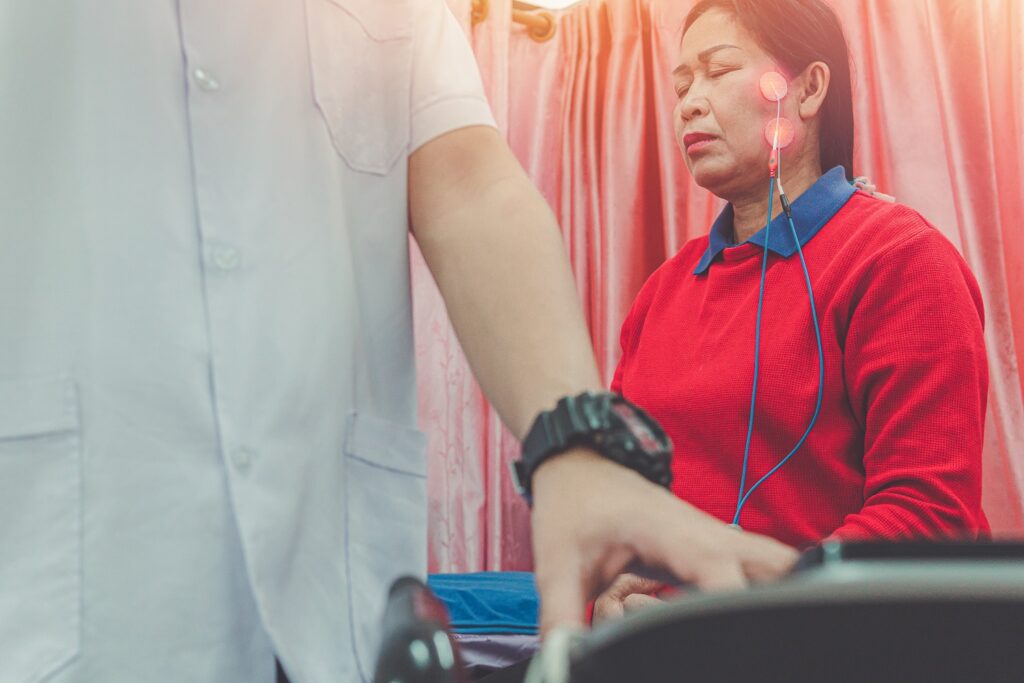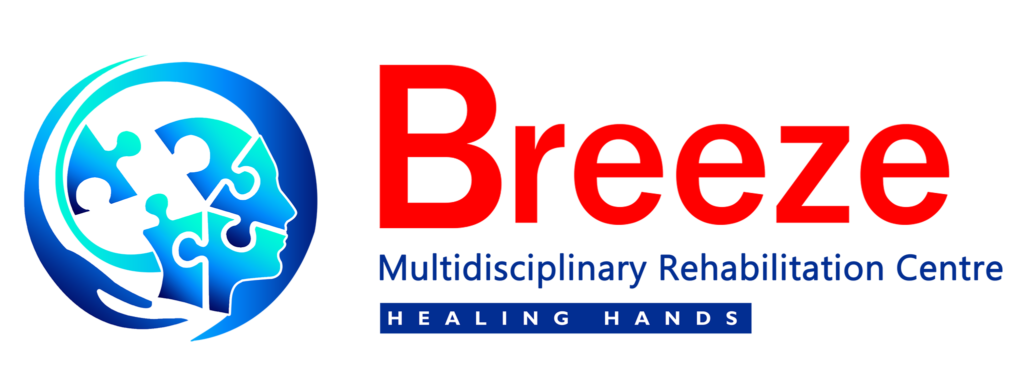
Bell's Palsy
Signs and Symptoms:
● Cold sores and genital herpes (herpes simplex)
● Chickenpox and shingles (herpes zoster)
● Infectious mononucleosis (Epstein-Barr)
● Cytomegalovirus infections
● Respiratory illnesses (adenovirus)
● German measles (rubella)
● Mumps (mumps virus)
● Flu (influenza B)
● Hand-foot-and-mouth disease (coxsackievirus)
Bell's palsy occurs more often in people who:
● Are pregnant, especially during the third trimester, or who are in the first week after giving birth.
● Have an upper respiratory infection, such as the flu or a cold.
● Have diabetes.
● Have high blood pressure.
● Have obesity.
Recurrent attacks of Bell's palsy are rare. But when they do recur, there's often a family history of recurrent attacks. This suggests that Bell's palsy might have something to do with your genes.
A mild case of Bell's palsy typically disappears within a month. Recovery from a more severe case where the face was completely paralyzed can vary. Complications may include:
● Irreversible damage to your facial nerve.
Irregular regrowth of nerve fibers. This may result in involuntary contraction of certain muscles when you're trying to move other muscles (synkinesis). For example, when you smile, the eye on the affected side may close.
● Partial or complete blindness of the eye that won't close. This is caused by excessive dryness and scratching of the clear protective covering of the eye ( cornea).

